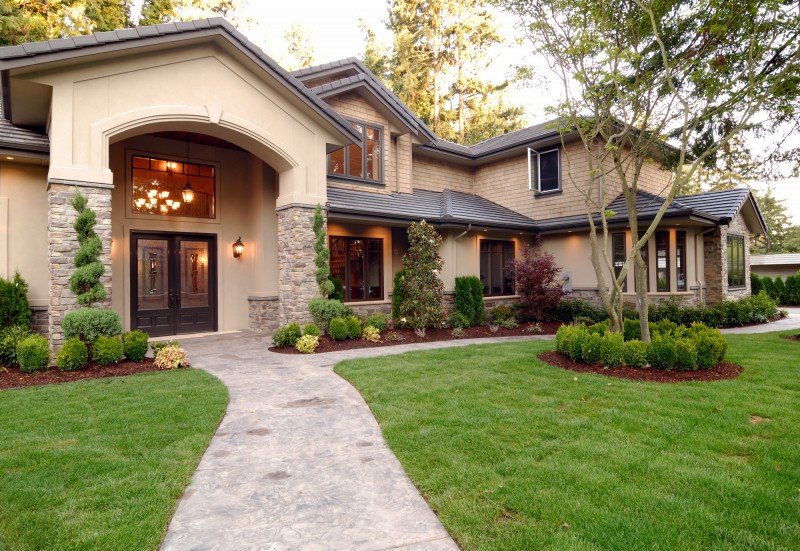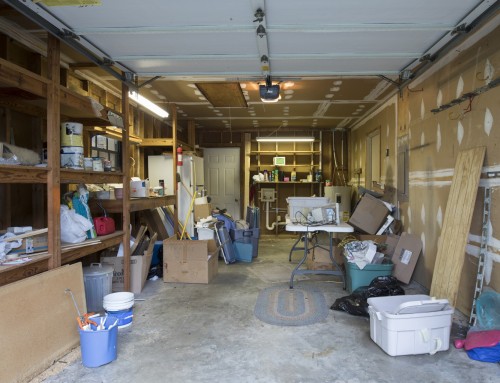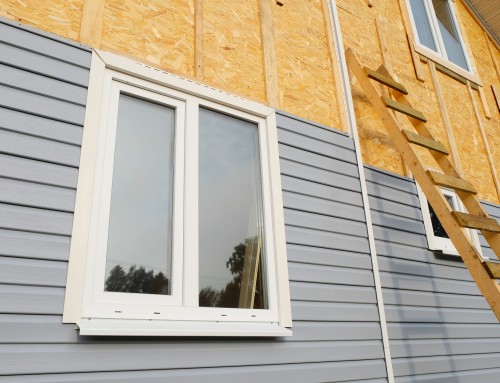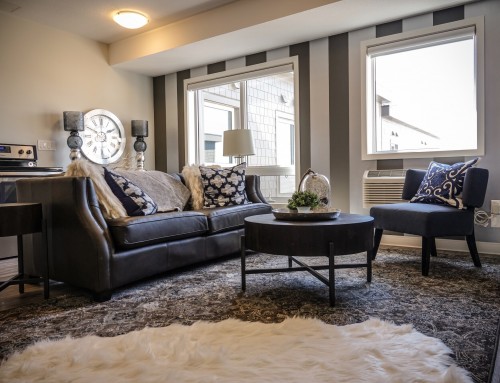Do you feel constricted or limited by your current house? A new space can completely transform your life and way you navigate it. Do you have problems with the amount of usable space you have in your home?
The average size of an American home has been increasing steadily over the years. It is now up to over 2,600 square feet for the average home built. Ask yourself: “how big of a house do I need?” If the answer to that is “I don’t know” then this guide can help you decide.
This is a big decision, so make it as sound and rational as possible. Here are a few key considerations when deciding how big of a home you want.
Staying Under Budget
The size of your budget will obviously dictate the size of your home more than anything. It’s a delicate balance to look for both what you can afford and what provides you the best opportunities. It is important to know what you can realistically get from the banks.
This is where having an experienced realtor like Berkshire Hathaway HomeServices can help you. They can open doors that the average buyer does not have access to.
Policies have stayed tight over the years, so you should try to get preapproved to budget accordingly. Remember, your financial situation can change drastically if you ever happen to have kids or suffer a sudden loss of job security. Life happens, so be ready with a strong savings and investment portfolio.
Note the Resale Value
It might be difficult to think in these terms when shopping around for a new home. Always plan for the future, which could mean selling. If you’re looking at homes now, you have to ask yourself if these homes could become dated later.
Could future development in the area outclass your humble abode? Sometimes homes with surprisingly low sticker prices are being sold to avoid future losses. You’ll need to look at the market value history, not just what it’s worth now.
“How Big of a House Do I Need Later?”
Do you have kids or plan on having them in the future? Then you should be asking yourself: “How big of a house do I need in 5 years? 10 years?” If your budget only allows for a specific square footage, can you upgrade or add-on?
The flexibility of a living space is very important, just as important as square feet sometimes. You’ll need to ask questions about what you will be allowed to do with your home, especially if you’re renting. Being able to transform living spaces into workspaces, or play spaces can go a long way.
It’s also worth considering homes with an extra room you didn’t anticipate needing. That extra space can serve as an AirBnB opportunity for another stream of income. The ideal house size is one that can fit your lifestyle and needs.
Storage
A big home with poor storage solutions can feel like a waste of space. On the flipside, too much storage area can encourage hoarding habits. Walk-in closets are a good example of major life-upgrades.
You don’t realize how much you’ve needed a walk-in closet until you get your clothes in there. A nice pantry can also improve efficiency in the kitchen. Most of us have to hunt around in the cabinets to figure out meals for the week.
Understand Your Priorities
More space means more responsibilities. The upkeep of a 3,000 sq ft home is more than double that of a 1,500 sq ft home. That’s just counting floorspace, you have to factor in walls and outside perimeter.
More windows, more yard work, and dusting more furniture–it can get overwhelming quick. Falling behind on housework will affect your mood and how much you get done. It can become a nightmare, all in the name of a bigger home.
Benefits of Smaller Homes
Although your current home may feel stuffy or inadequate, that doesn’t necessarily mean you need a bigger home. There are a lot of positives to moving to a smaller, more efficient home, actually. Here are just a handful of reasons:
They Discourage Clutter
Smaller homes on the market will make the best use of their limited floor space. Even older homes on the market will be outfitted with convenient stowaway and storage capabilities. Remember the old ironing boards that fold away into the closet?
Living in a home that doesn’t have room for miscellaneous things laying around, waiting to be picked up is actually beneficial. When you buy new furniture or appliances, you have to measure its footprint exactly.
They Use Less Energy
Smaller spaces need less energy to heat and cool. That’s just basic math, but it’s also due to higher efficiency standards. Buying a new home that is the same size as your current can still translate to a lower energy bill.
The reduction in lights necessary to illuminate a smaller home is a saving in of its own. Newer insulation, newer appliances, and smarter use of space all translate into lower utility bills. Factor in the capabilities of a small, efficient home with solar panels and your bill may be nonexistent.
Seizing the Opportunity
Whether you ask “How big of a House Do I need?” now or later, the decision needs to be made confidently. Many people rush into a bigger house because they get grandiose ideas of luxury and impressing others. Bigger doesn’t always mean better style or better opportunities.
Larger living spaces require more things to fill it up and not feel vacant. Smaller homes, meanwhile, are built for socializing and personality. Make a move that will put you in the best position to succeed. Take your time, look beyond the surface, and plan ahead.
More space can grant you more freedom but don’t sacrifice style or emotional comfort. You can live within your means and still live a luxury lifestyle, just check out our blog. There are some things that you can’t buy. One of those things is taste.











